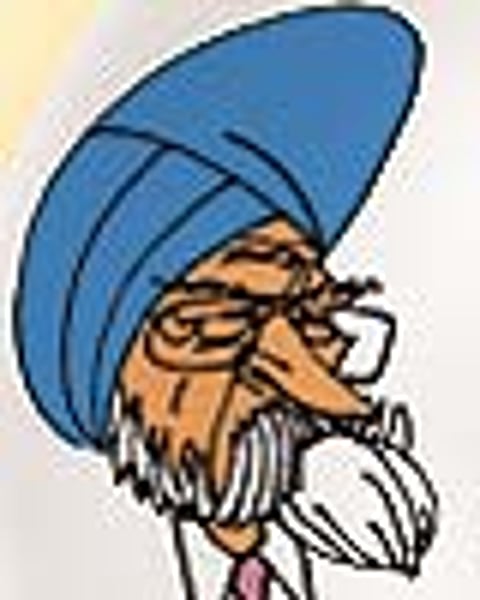In the recent past, they have all interacted several times with each other. Montek heads the Indo-US Economic Dialogue Committee, which aims to help India become a knowledge economy and usher in a second green revolution in agriculture through technological inputs. An important ingredient of the umbrella negotiations between the two nations is the Indo-US CEO Forum, which is chaired by Tata and includes Liveris, one of the 10 American CEOs handpicked and appointed to the forum by US President George Bush. Ronen Sen is obviously diplomatically involved in all these parleys.
Therefore, it was natural for Dow—and Liveris—to use the interactions to distance itself from the cases relating to the poisonous gas leak from the Union Carbide factory in 1984. After Dow took over Union Carbide's global operations in 2001, the former insisted that it should not be dragged into criminal, environmental and financial liabilities for the incident that led to the death of nearly 20,000 people. In official backgrounders, Dow has consistently maintained that it had "never owned nor operated the (Bhopal) plant" and, therefore, it "has no responsibility for Bhopal".
But in recent times, Dow has been asked by the Indian government to cough up money to clean up the toxic wastes—above and below ground—still present at the factory site. Satinath Sarangi, an International Campaign for Justice leader, explains, "The issue of who will pay for cleaning up of the site remains." In May 2005, while responding to a public interest litigation on the issue, the Union ministry of chemicals and fertilisers (MOCF) urged the Madhya Pradesh High Court to order Dow to deposit an initial amount of Rs 100 crore for the purpose. Adds Yashveer Singh, officer-in-charge, Bhopal cell, MOCF, "This is against a final figure that may be around Rs 400-500 crore."
It's now clear why Dow is not keen to get entangled in the Bhopal tragedy case. On November 8, 2006, Liveris shot off a letter to Ronen Sen saying "it was a pleasure to see you again at the US-India CEO Forum in New York on 25 October. I especially appreciated your support in discussing resolution of the Bhopal legacy issue as a tangible, deliverable outcome for the CEO Forum." The letter added that since the Indian government representatives admitted at the meeting that "Dow is not responsible for Bhopal and will not be pursued by the GoI, it will be important to follow through to ensure that concrete, sustained actions are taken that are consistent with these statements".
The Dow chairman suggested a two-pronged action plan for India. One, the central and state governments should use the opportunity that existed to join hands with local CEOs and foundations to 'remediate' (or clean up) the Bhopal site. Two, the Indian leaders needed "to work closely with all ministries of the central government to ensure that their stated position is reflected in any and all of GoI's statements, legal files, and dealings with the Indian court system". In short, Liveris wanted the MOCF to withdraw its court application asking for the Rs 100 crore deposit. (Despite several telephone calls, Outlook could not speak to Sen in Washington.)





